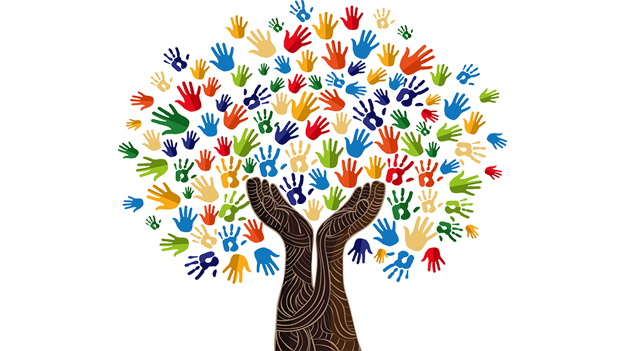CULTURE GUIDING QUESTIONS
1. Consequences of Failing to Promote Cultural Values in Tanzania
- Loss of Identity: Erosion of unique Tanzanian traditions like ngoma dances and Makonde carvings.
- Language Decline: Indigenous languages (e.g., Kihaya, Kichagga) being replaced by Swahili/English.
- Social Disintegration: Breakdown of communal values like "ujamaa" (familyhood) that bind communities.
- Cultural Appropriation: Foreign exploitation of Tanzanian cultural symbols without benefit to local communities.
- Tourism Decline: Loss of authentic cultural experiences that attract visitors to Maasai bomas or Hadzabe communities.
- Generational Gap: Youth disconnection from elders' wisdom and traditional conflict resolution methods.
Example: The decreasing practice of traditional healing knowledge among the Maasai has led to loss of medicinal plant expertise.
2. Educating About Widow Inheritance Problems
- HIV Risk: Explain how the practice contributes to HIV transmission in Lake Zone regions.
- Property Grabbing: Show how widows often lose land and assets to inheriting relatives.
- Psychological Trauma: Discuss the emotional impact of forced marriages on widows.
- Children's Welfare: Highlight how inherited widows' children often face discrimination.
- Legal Rights: Teach about Tanzania's Law of Marriage Act that protects widows' rights.
- Alternative Support: Present community-based support systems as alternatives to inheritance.
Approach: Use local examples and involve religious leaders in the education process for greater impact.
3. Negative Effects Faced by Nyambura
- Education Disruption: Permanent dropout from formal education system.
- Health Complications: Risk of infections, childbirth complications, and fistula.
- Early Marriage: High likelihood of being married off immediately after initiation.
- Psychological Trauma: PTSD from the painful procedure without anesthesia.
- Social Isolation: Stigma if she resists or fails to conform to expectations.
- Economic Dependence: Limited income opportunities without education.
Statistic: In Tanzania's Manyara region, 58% of girls who undergo FGM drop out of school (UNICEF 2021).
12. Role of National Kiswahili Council
- Language Standardization: Preserving pure Swahili from foreign influences.
- Literary Promotion: Supporting Swahili literature and oral traditions.
- Cultural Documentation: Recording proverbs, idioms, and folk tales.
- Education Programs: Developing Swahili curricula for schools.
- International Promotion: Making Swahili a global African language.
- Research Funding: Supporting studies on Swahili linguistics and anthropology.
Achievement: The Council successfully lobbied for UNESCO to declare July 7 as World Kiswahili Language Day.
17. Hindrances to Cultural Revival
- Westernization: Youth preference for foreign cultures over traditional practices.
- Urbanization: Breakdown of community structures that preserve traditions.
- Education System: Limited inclusion of indigenous knowledge in formal education.
- Economic Pressures: Traditional artisans abandoning crafts for more lucrative jobs.
- Policy Gaps: Insufficient government funding for cultural preservation programs.
Case Example: The declining number of practitioners of traditional Nyakyusa pottery in Mbeya region illustrates these challenges.
GLOBALIZATION GUIDING QUESTIONS
DEMOCRACY GUIDING QUESTIONS
1. Tanzania's Democratic Achievements
- Multiparty System: Successful transition from single-party rule in 1992.
- Electoral Reforms: Establishment of NEC as an independent electoral body.
- Press Freedom: Growth of private media outlets since 2000s.
- Decentralization: Increased local government autonomy through devolution.
- Civil Society: Proliferation of NGOs promoting democratic values.
Milestone: Tanzania's peaceful transfer of power in 2015 was hailed as a democratic achievement.


No comments
Post a Comment